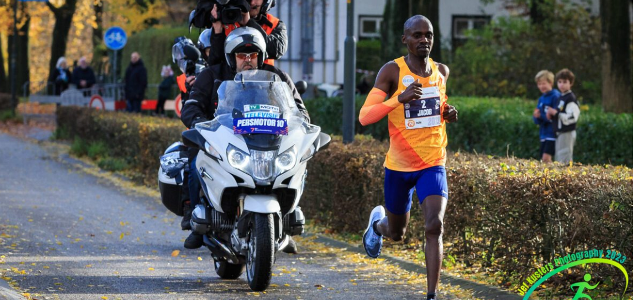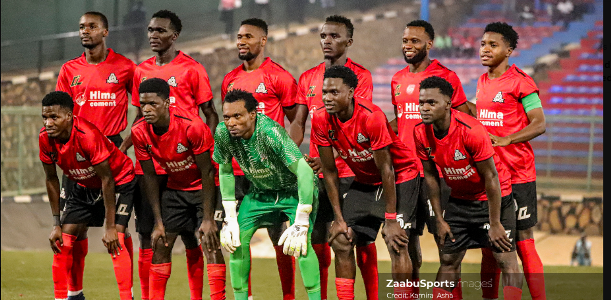Barely weeks after bowing to public pressure and restoring the traditional Uganda Premier League format, FUFA is quietly testing its ambitious league experiment once more, this time, in the Kampala Region League. The third-tier competition, set to kick off between October 28th and November 2nd, will serve as a proving ground for a model that once rattled Uganda’s football establishment. The federation insists this reimagined format, executed at regional level, is less a retreat and more a recalibration, an effort to refine reform before it returns to the big stage.
In the Kampala pilot, 18 teams will face off in a single round of 17 matches before the table splits in two. The top nine will battle for promotion prospects, while the bottom nine fight to stay afloat. The league will then fragment again into three mini-groups of six, championship contenders, mid-table aspirants, and relegation strugglers, each fighting its own war. The design, once criticized as confusing in the Premier League, is now being repackaged as a developmental innovation meant to boost competitiveness, intensity, and broadcast value.
Learning from the backlash that followed its top-flight rollout, FUFA is cushioning this experiment with tangible incentives. Referees’ allowances will be fully covered by the federation, starting at 100,000 shillings per game and doubling in the final phase. The Man of the Match prize will rise fourfold, from 50,000 in the opening round to 200,000 in the last, while players will earn win bonuses and clubs receive logistical support, including 20 match balls each and eight million shillings per season. These measures, insiders say, aim to build goodwill and prove the format’s sustainability from the ground up.
Crucially, FUFA has secured visibility for the project: up to 50 matches will be televised from key grounds like Lugogo, Kyambogo, Nsambya, and Mutesa II Stadium, turning community football into a televised showcase. With 130 million shillings in total prize money and double-header weekends on the calendar, the federation hopes fans will rediscover excitement rather than confusion in this new structure. A team dominating all three phases could earn up to 20 million shillings, a clear signal that performance will be richly rewarded.
This Kampala experiment represents FUFA’s strategic rebound, a chance to prove that reform, when rooted in consultation and transparency, can strengthen rather than fracture the game. After the top-flight U-turn, this lower-league trial feels less like a gamble and more like redemption. If it works, Kampala’s community grounds might become the unlikely birthplace of a modernized Ugandan football era, one built not by decree, but by design.



